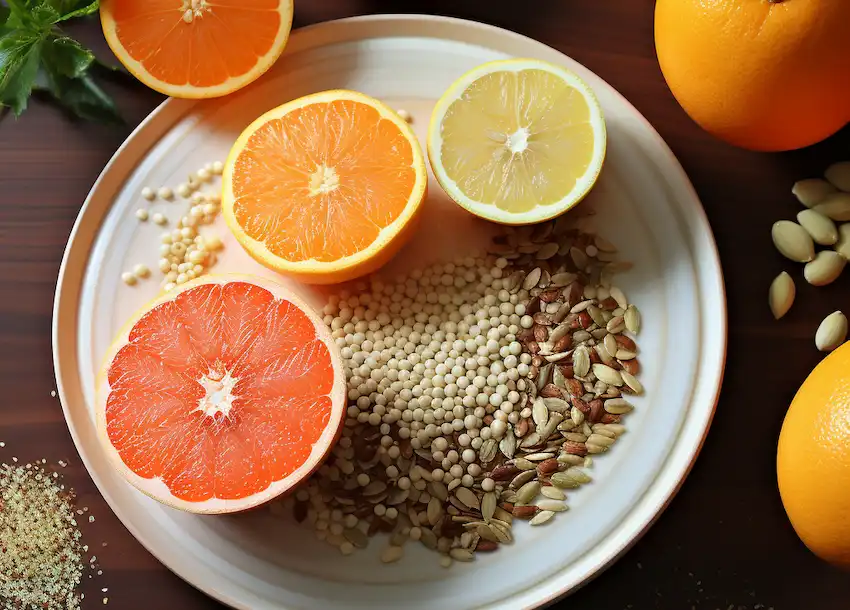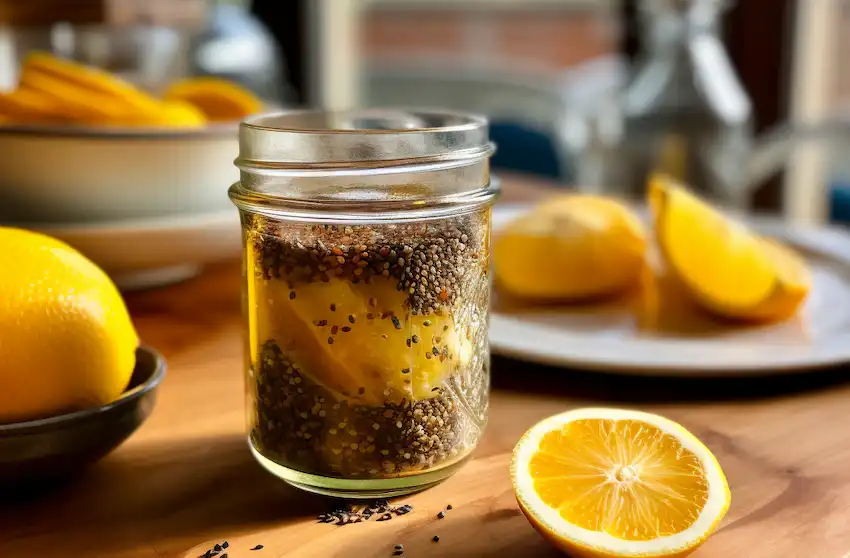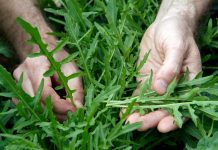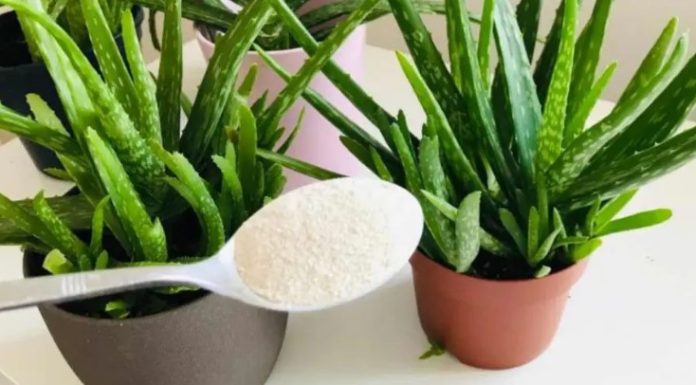A Natural Wonder
Pectin, a naturally occurring carbohydrate found in fruits, is a key player in the world of jam and jelly making. It’s what gives these spreads their delightful and spreadable consistency. While pectin is commercially available, many home cooks and canning enthusiasts are turning to natural sources, particularly citrus seeds, for a more organic approach.
The Hidden Value of Citrus Seeds
Don’t discard seeds found inside lemon, lime, orange, grapefruit, mandarin, and tangerine. They’re valuable for several reasons:
Source of Natural Pectin: Citrus seeds are a rich source of natural pectin. This pectin is essential for helping jams, jellies, and marmalades set and achieve the perfect texture.
Eco-Friendly and Cost-Effective: Utilizing seeds from citrus fruits you already consume is an eco-friendly practice. It helps reduce waste and serves as a cost-effective alternative to store-bought pectin.
Versatility in Use: These seeds can be transformed into a homemade pectin extract that complements a wide variety of fruits, especially those low in natural pectin.
Simplicity of Process: The method of extracting pectin from citrus seeds is straightforward and doesn’t require specialized equipment, making it accessible for all cooking enthusiasts.
Natural and Chemical-Free: By opting for citrus seeds, you’re choosing a more natural, chemical-free pectin compared to some commercial varieties that may contain artificial additives.
 Making Citrus Seed Pectin at Home:
Making Citrus Seed Pectin at Home:
Materials:
Citrus seeds from lemons, limes, oranges, grapefruits, mandarins, or tangerines
Procedure:
1. Collecting Seeds:
Save the seeds from any citrus fruits you consume.
2. Preparing the Seeds:
Clean the seeds to remove any fruit pulp.
3. Simmering for Extraction:
Place the cleaned seeds in a pot.
Cover them with water.
Gently simmer for about 30-45 minutes to extract the pectin.
4. Straining the Mixture:
Strain the liquid through a fine mesh sieve or cheesecloth to remove the seeds.
5. Concentrating the Pectin:
If needed, reduce the liquid by simmering to thicken it.
6. Testing the Pectin:
Chill a small amount in the refrigerator to test its setting ability.
7. Storing:
Refrigerate for immediate use or freeze for long-term storage.
 Using Homemade Citrus Seed Pectin:
Using Homemade Citrus Seed Pectin:
Use this natural pectin in jams or jellies as a substitute for commercial pectin. The amount needed may vary, so experimentation is key.
Making your own pectin from citrus seeds is not just a fun project; it’s a step towards sustainable cooking. This practice allows you to tailor homemade pectin to your specific canning needs, ensuring a delightful and natural spread every time.










